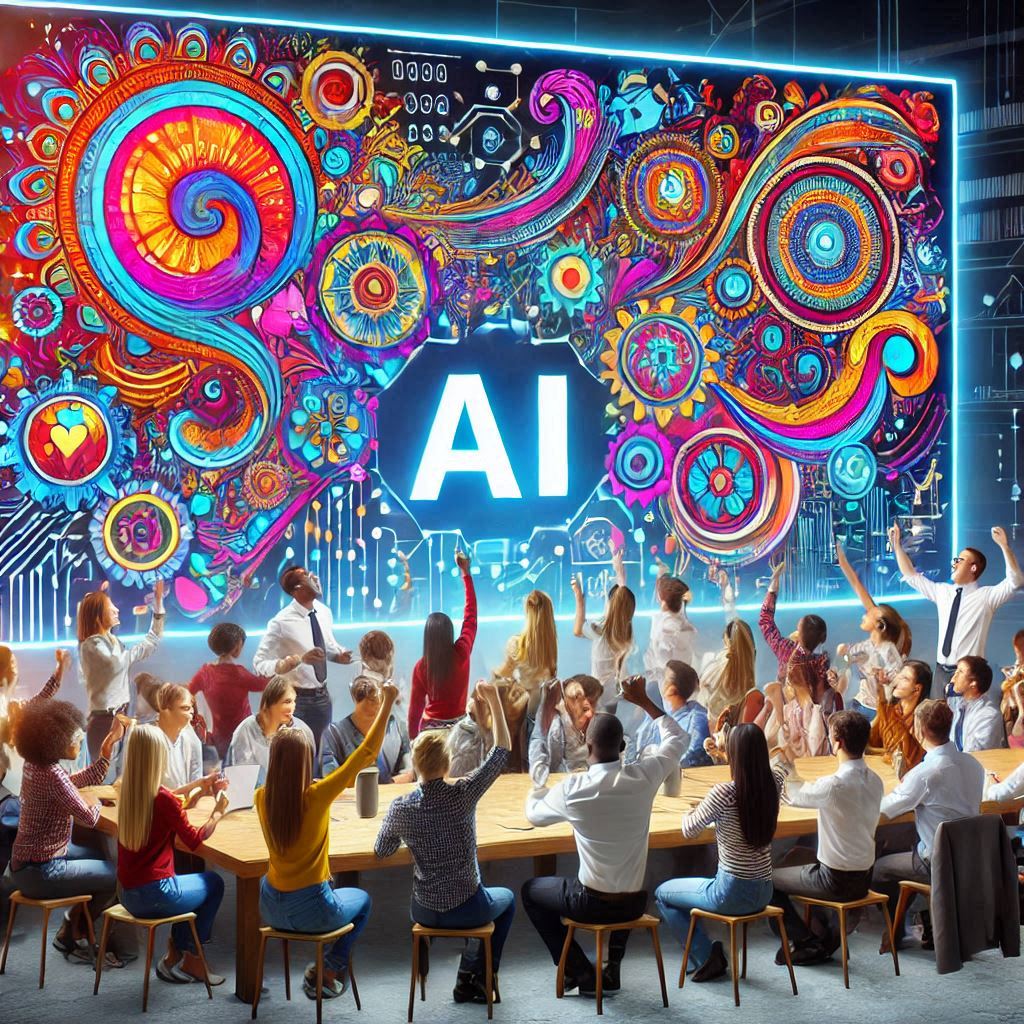Introduction
Generative AI, a branch of artificial intelligence focused on creating new data instances that resemble existing ones, is transforming multiple industries by pushing the boundaries of creativity and automation. From text generation to creating art, music, and even simulating realistic human interactions, generative AI offers unprecedented opportunities for innovation.
The Essence of Generative AI
Generative AI uses algorithms to learn from a dataset and generate new content that maintains the intrinsic qualities of the training data. Techniques such as Generative Adversarial Networks (GANs) and Variational Autoencoders (VAEs) are commonly used. GANs consist of two neural networks—the generator and the discriminator—that work in tandem to produce data indistinguishable from the real thing, while VAEs encode and decode data to create new instances.
Applications Across Industries
- Art and Design: Generative AI can create novel pieces of art and assist designers in producing unique patterns and styles. Artists can use AI as a collaborator, exploring new creative territories.
- Music: AI models can compose music in various genres, providing new compositions that blend different styles. This technology is revolutionizing the music industry by offering tools for both novice musicians and seasoned composers.
- Content Creation: In media and publishing, generative AI can produce articles, stories, and social media content. It can aid in drafting pieces and brainstorming ideas, significantly reducing the time required for content creation.
- Healthcare: AI is being leveraged to generate synthetic medical data for research, simulate potential outcomes of treatments, and create detailed images for diagnostics, enhancing the accuracy and efficiency of healthcare services.
Ethical Considerations
As with any powerful technology, the use of generative AI comes with ethical concerns. Issues such as data privacy, copyright infringement, and the potential for misuse in creating deepfakes or spreading disinformation need to be addressed. It is crucial to establish guidelines and frameworks that ensure the responsible use of generative AI.
Future Prospects
The future of generative AI holds exciting prospects. Ongoing advancements in machine learning algorithms and computational power will continue to enhance the capabilities of generative models. As these technologies evolve, they will become more integral to our daily lives, from personal assistants that understand and anticipate our needs to more immersive virtual experiences.
Conclusion
Generative AI is undeniably a game-changer. By harnessing its capabilities, we can unlock new dimensions of creativity and efficiency across various fields. However, it is imperative to navigate the ethical landscape with care, ensuring that the benefits of this technology are realized in a responsible manner. As we continue to explore and innovate, generative AI will undoubtedly play a pivotal role in shaping the future of technology.

